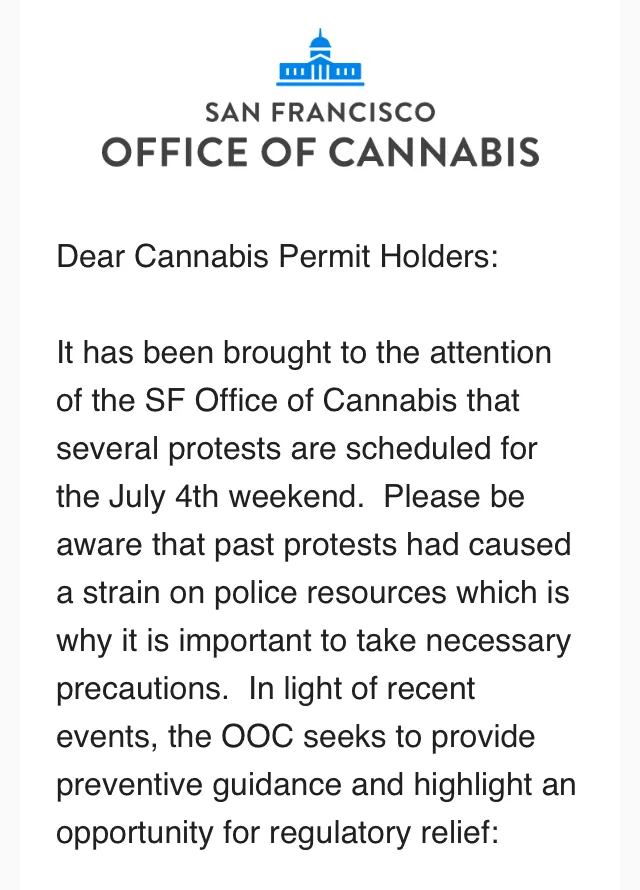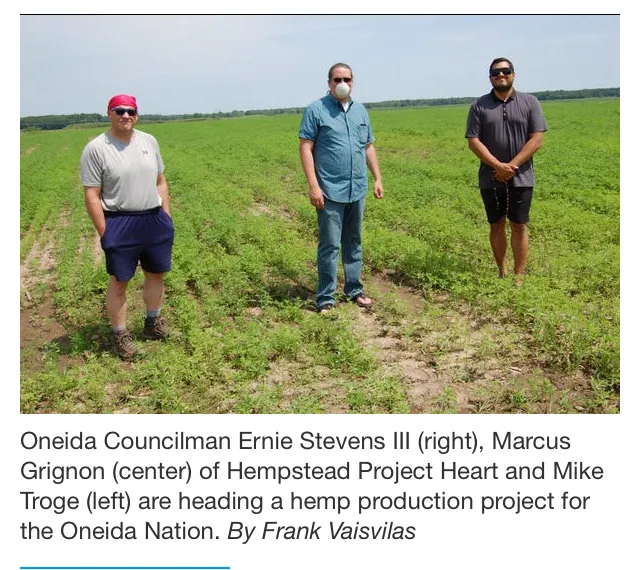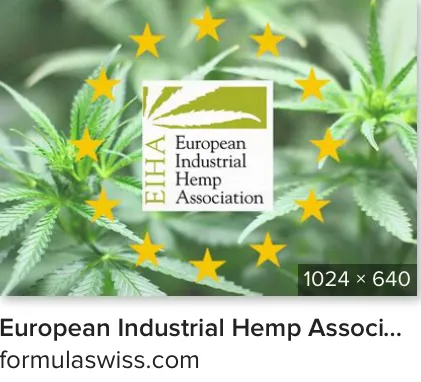Monday July 6

click here for the brute-oob instance of mah viderow
or always on https://Cannabos.org
As the bay area in California experiences more and more protests stemming from the killing of George Floyd, cannabis shops are being told to ramp up their security measures, even told to move product offsite for safety, a practice which had previously not been allowed under the strict weedlaw.
San Francisco, Oakland advise marijuana firms about possible attacks
https://mjbizdaily.com/robbers-vandals-hit-marijuana-businesses-during-protests/

“I have heard … that there’s talk of hitting some
of the (cannabis business) locations again” by
organized criminals, Wingate said.
Legalization creates a dangerous security situation for folks in the cannabis industry
In a warning bulletin, the San Francisco Office of
Cannabis wrote that “several protests” scheduled
for the holiday weekend could create a “strain on
police resources,” and the agency advised companies
to “take necessary precautions.”
Section 5038 of the BCC's Disaster Relief authority
has been triggered to allow a licensee to move their
cannabis goods to another location immediately to
prevent theft during a disaster. Please refer to the
regulation for additional details and requirements
for compliance.
Reinforce your premises to guard against intrusions
including boarding up points-of-entry.
Engage your security service provider to determine
additional deterrence measures.
Ensure video recordings and photographs are properly
archived onsite and offsite to assist in investigations.
Preserve evidence for police collection.
Ensure your phone is on, charged, and easily accessible
at all times should law enforcement or security services
need to contact you.
Avoid confrontation with potential intruders and call 911
if necessary.
The San Francisco bulletin noted that marijuana businesses are
allowed to move inventory to different locations
“to prevent theft during a disaster” and also included
multiple police contacts, phone numbers and names
of officers in case of emergency.
https://mailchi.mp/d201ab5b8dd6/july-4th-weekend-security-updates?e=2be1df23fd
https://mjbizdaily.com/san-francisco-advises-marijuana-businesses-to-prep-for-more-possible-attacks/

Some of the business hit hardest by COVID-19 are the casinos, many of which are owned and operated by Native American Tribes. The Oneida nation from Wisconsin is looking into transitioning into the hemp biz. They piloted a hemp program last year unfortunately the .3 % of allowable THC messed up their plans for success because their hemp was higher than the current and stringent benchmark. Countries like Poland Austrailia and some others from the south east Asia are using 1% as a their allowable limit and as a result are producing better quality hemp . requirements for Hemp plants that are 3% or less are more than likely going to lead to all cannabis production being taken over by GMO involved agricultural firms. Currently hemp is not widely used in the north American markets. Hopefully that will change and many folks are looking to hemp Crete as a potential boom for the industry
Oneida Nation eyes hemp production as a way to diversify, strengthen tribal economy
ONEIDA - The Oneida Nation’s experiment with hemp farming last year didn’t produce a bumper crop, or really anything of significant material worth, but tribal officials are still optimistic about the crop’s potential.
He said the Nation’s hemp production
is still in its experimental phase and
hopes it could eventually become a
lucrative product that can help the
tribe to help diversify its revenue.
Wisconsin tribal casinos expect big losses due to coronavirus pandemic

.....meanwhile not 1 tomato stolen. The fact that cannabis is so over valued is an indication that something's wrong.
“The CBD (hemp) did well but it went hot,”
said Marcus Grignon, a member of the
Menominee Nation Tribe who represents
Hempstead Project Heart, which is a partner
with the College of Menominee Nation.
He means that the hemp tested with more
than .3% THC, making it illegal in Wisconsin.
He said the Nation is working to change the
law to allow tribal police to monitor and destroy
any hemp that exceeds the legal threshold for THC.
He said it’s common for lawmakers to overlook that
there are also tribal police when drafting legislation.
Fiber hemp farmers can earn a profit of a few hundred dollars per acre, according to the USDA, but Oneida hemp project organizers are looking to put the Nation at the forefront of creating a larger market for products created with hemp fiber.
Project organizers see a future market for the Nation to make hemp fiber products, such as "hempcrete," to sell to construction and manufacturing companies.
“We’re more interested in processing than in growing,” he said.
The EU is looking to facilitate the development of cannabis and hemp as a food item by taking on some of the costs associated with what is known as novel food items.

Novel Food Consortium to protect Europe’s hemp industry
In the face of disparate and inconsistent regulation across the EU governing the production and marketing of CBD-related products, hemp industry body the European Industrial Hemp Association (EIHA) has launched a consortium aimed at streamlining regulation and sharing the financial burden incurred by Novel Foods applications for products derived from hemp and cannabinoids.
President of the EIHA Daniel Kruse said:
“We only stand a chance if we jointly bear the
exorbitant costs for the necessary
toxicological studies and the long procedure
ahead of us. This would not be affordable
for a single hemp company.”
Cannabinoids and Novel Foods regulation
Within European legislation, the term ‘Novel Foods’
covers food products which are relatively new to
European consumer diets, and which are therefore
considered to warrant additional scrutiny before they
can be approved for sale in Member States. This can
refer to ‘exotic’ or internationally sourced consumables
which have only recently made their way to EU markets,
such as chia seeds or noni juice; synthetic products with
new or artificially altered primary molecular structures;
foods derived or extracted from microorganisms, such as
algae oil; or foods produced via new or uncommon
manufacturing processes, such as the treatment of milk
with ultraviolet light.
The European Commission updated its Novel Foods
Catalogue in January 2019 to include both extracts
of the cannabis sativa L plant and synthetically produced
cannabinoids. While the catalogue is not a legally binding
document, it is widely used by EU regulators and policymakers
to determine which products fall under the EU Regulation on
Novel Foods.
https://www.healtheuropa.eu/novel-food-consortium-to-protect-europes-hemp-industry/101119/